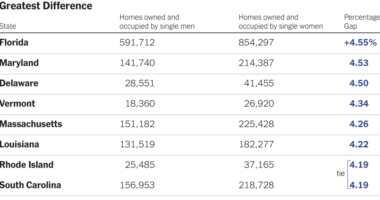
The Food and Drug Administration has pushed back its approval decision deadline for Eli Lilly’s experimental Alzheimer’s drug donanemab.
Lilly applied to the FDA for approval of the drug in July, after late-stage clinical trial data showed it slowed the progression of Alzheimer’s by 29% after 18 months, compared to a placebo.
The results were comparable to those seen with Leqembi, a similar Alzheimer’s drug approved by the FDA last year.
The FDA was initially set to decide on donamemab’s approval by early next week, according to a source familiar with the FDA’s planning.
However, in an “unexpected” move, the agency shifted gears and decided it wants input from its independent advisory committee before making a final decision, Lilly said in a statement Friday.
According to Lilly, the FDA told the company that it wants to “further understand topics” related to the drug’s safety and effectiveness. The FDA has not yet set a date for the advisory committee meeting, the statement added.
If Lilly’s drug had been approved, it would have been the third approval in the U.S. of a new class of Alzheimer’s drug aimed at slowing the progression of the disease. The others are Leqembi, from Japanese drugmaker Eisai and Massachusetts-based drugmaker Biogen, and Aduhelm, from Biogen.
An estimated 6.7 million Americans age 65 and older were living with Alzheimer’s in 2023, according to the Alzheimer’s Association.
All three of the drugs are monoclonal antibodies that work by targeting amyloid in the brain, considered a hallmark of Alzheimer’s disease.
While the medications appear to modestly slow the disease in clinical trials, they have been hampered by concerns of potentially life-threatening side effects, including brain swelling and brain bleeding.
This group of Alzheimer’s drugs has long been considered controversial.
Biogen’s Aduhelm was granted an accelerated version of approval in 2021.
That approval came despite the FDA advisory committee rejecting the drug, saying that there wasn’t enough evidence showing that it was effective at slowing the disease.
Later, an 18-month congressional investigation found that the FDA failed to adhere to its own standards and that its approval of Aduhelm was “rife with irregularities,” putting the agency under further scrutiny.
What’s more, Aduhelm initially cost $56,000 a year, threatening to raise Medicare premiums, before the company decided to cut that cost in half. With accelerated approval, the drug is only covered by Medicare if people are enrolled in a clinical trial.
The drug was never granted full approval by the FDA, and earlier this year the company took the drug off the market.
Source: | This article originally belongs to Nbcnews.com










